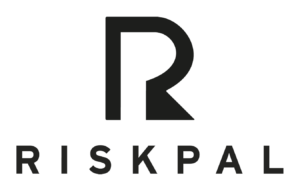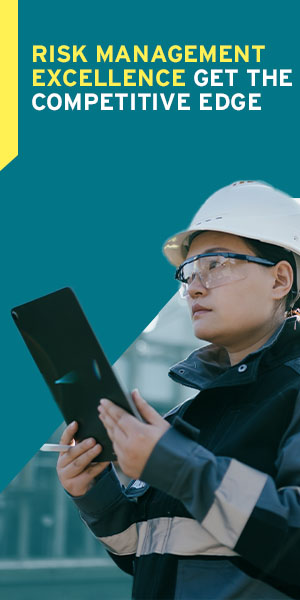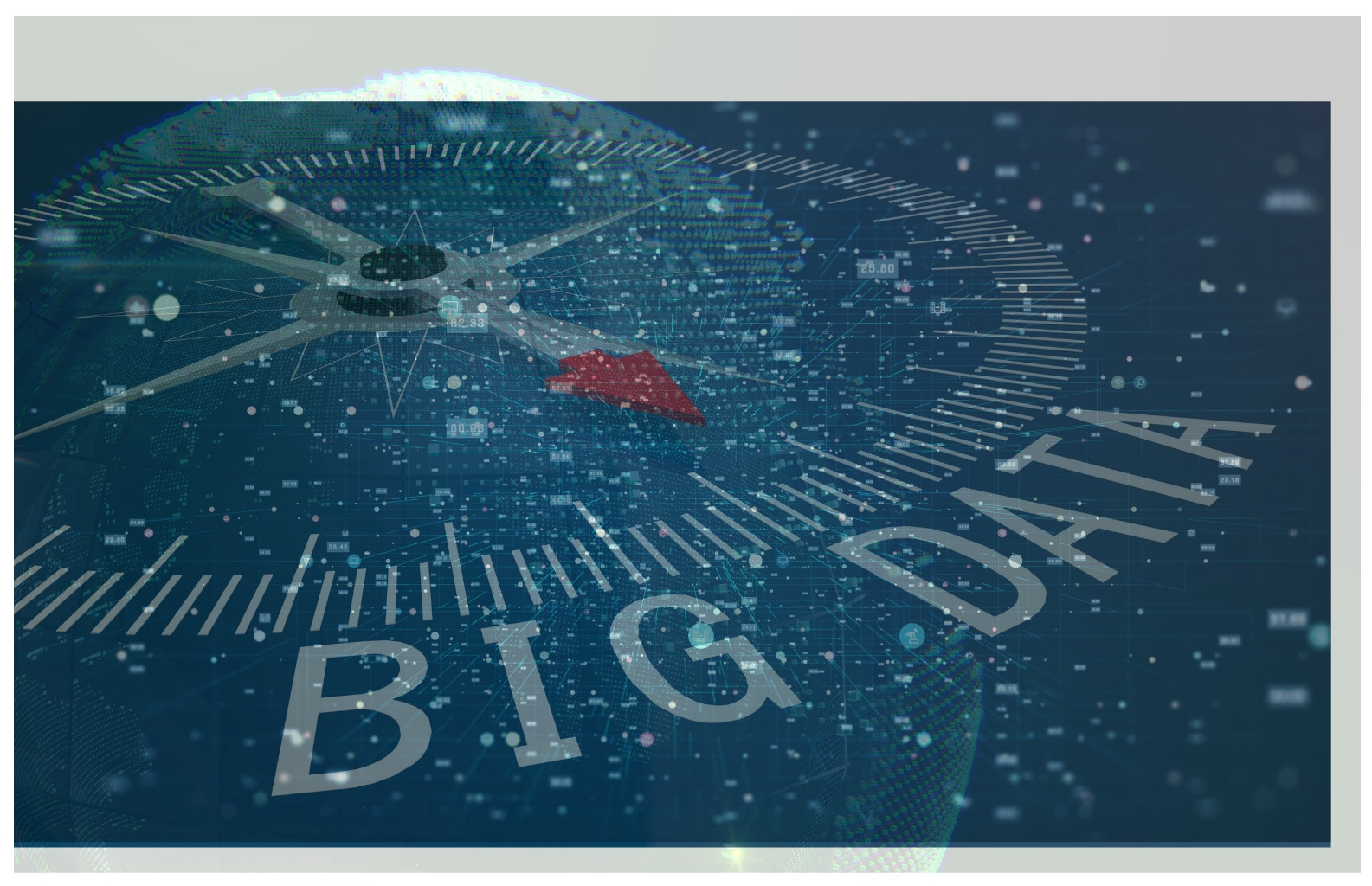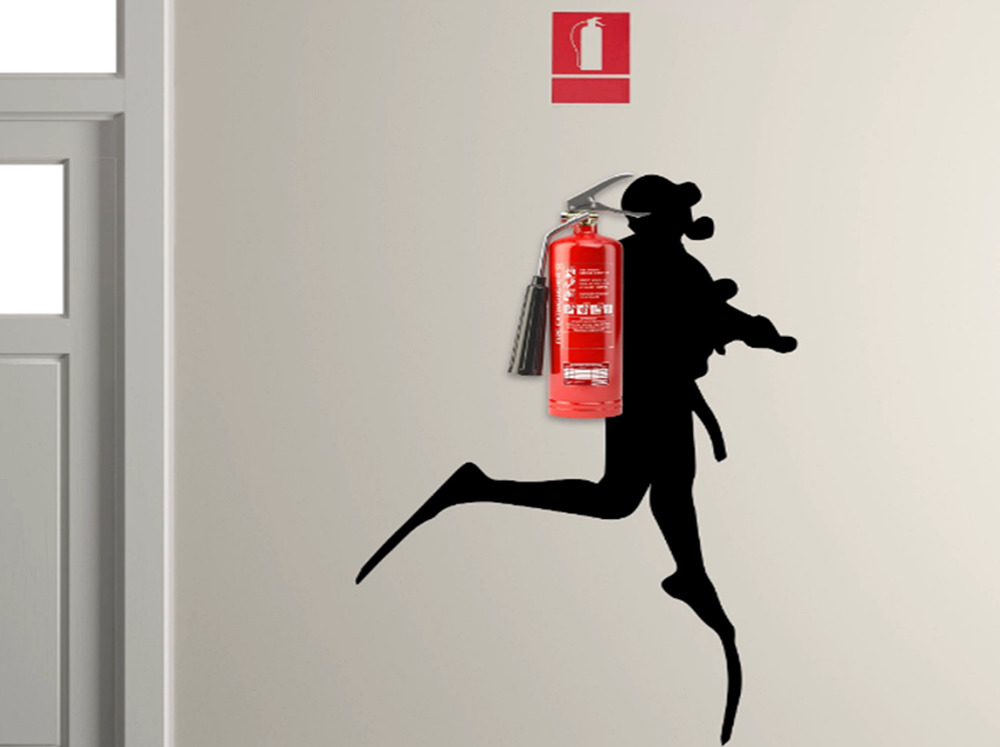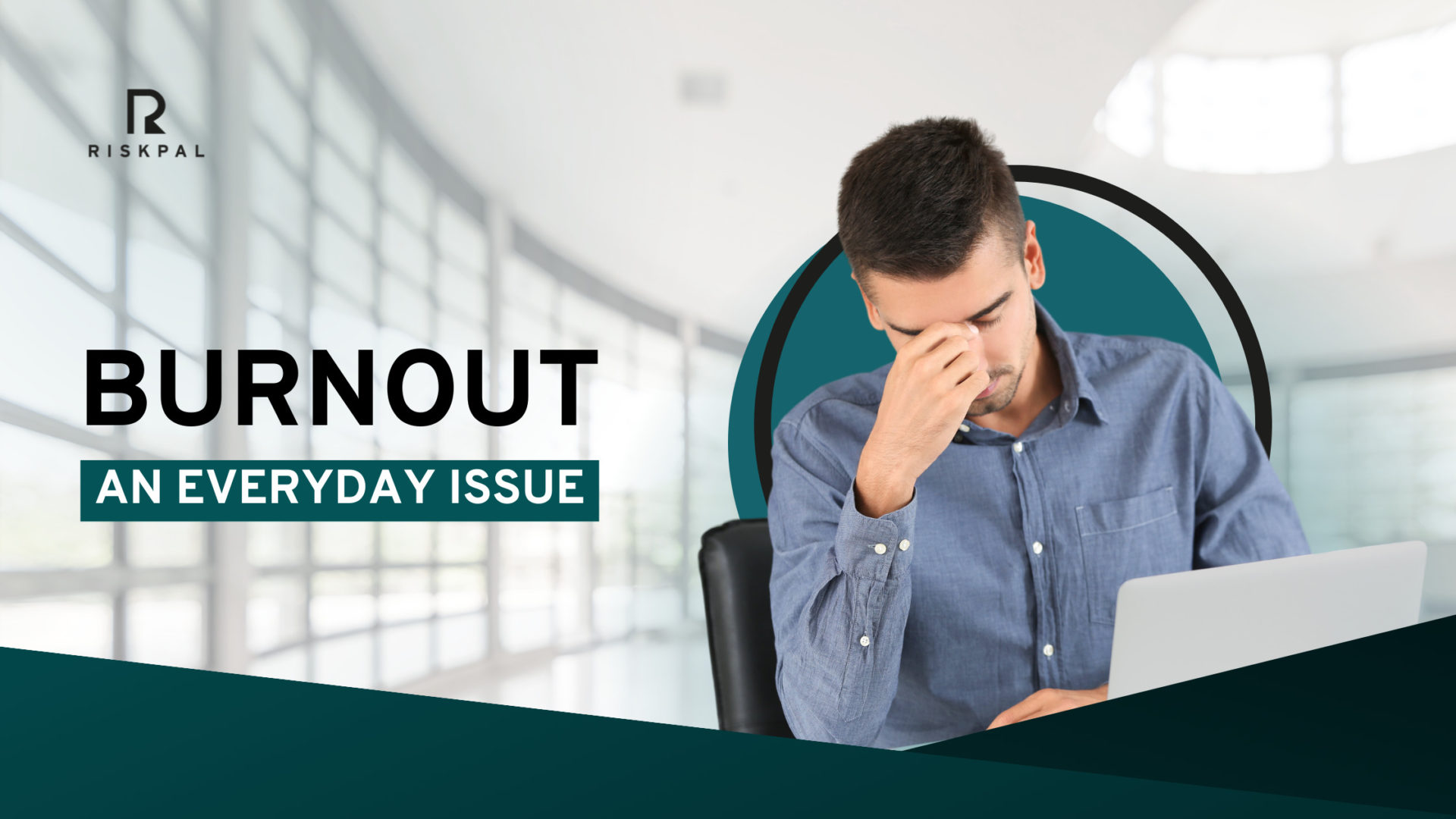
Burnout: An Everyday Issue
An exclusive article on burnout by Colin Pereira, Co-Founder, RiskPal:
Burnout became much more common in everyday lexicon during the pandemic and, in many sectors, it is now no surprise that individuals are on the verge of chronic exhaustion. Big transitions in the workforce and subsequent loss of knowledge transfer during the pandemic, alongside the current rising cost of living, threaten to accelerate the problem. Although not yet considered a medical condition, burnout has been recognised by the World Health Organization as a syndrome.
The exhaustion many of us are experiencing increases risks of hypertension, sleep disturbance, depression and substance abuse. Unsurprisingly, individuals become less productive at work, more cynical towards colleagues and are more likely to call in sick. None of this makes for happy, creative or effective personnel.
Many organisations are improving Employee Assistance Programmes (EAPs) and specialist counselling services in response to the growth of burnout. These are essential building blocks to a healthy and productive workplace.
However, you cannot simply outsource support to external counsellors and expect the staff to magically get better. Effective recovery programmes involve a collection of everyday measures that can include these five areas:
Acknowledge Self-Care
During stressful times, good organisational mental health can only be achieved if everyone takes some responsibility for themselves. This means each individual needs to actively spend some time engaging in good sleep habits, exercise, nutrition and allowing themselves time to relax.
It is of course easier said than done and people will often say “I simply don’t have time to do that.” However, anyone not investing in these essentials – will not improve their situation. This is simply the reality.
Practice Self-Awareness
Understanding what it is that causes the most stress and managing it can make a huge difference.
Identify and write down which activities you engage in that you find particularly stressful and then label the emotion you feel when doing them. When you have to engage in these activities (as we must all do things we don’t like) acknowledge that these will be difficult and reward yourself after completing them by doing something you like to do.
Ideally this treat will be a healthier option (exercise, reading a book, spending time with a loved one). Rewarding yourself with something less healthy (like going down to the pub) can also help, if practised in moderation.
Work Smart
Our busy lives are often plagued by too many meetings and people do not often stop to ask if there is a better way of doing their roles.
Do you need to do every single task on your to do list? Or is there someone else who would be developed in their own career if you delegate? You may have to train them but this is an investment that will pay dividends in the long term, for both of you.
Are there digital tools that can streamline your manual tasks and improve your workflow? Project management, meeting scheduling and collaborative cloud software have been a boon to many, for example.
At the same time, however, do not shy away from ditching tools that add little value to your working life. Erect boundaries when you need to, particularly with messaging and chat apps. Remember that activity does not necessarily mean productivity and will just contribute to tiredness.
Embrace Honesty
Stress is part of our professional lives and, for some, can provide a sense of purpose. Think about how many times you have heard a colleague extolling how busy they are like a badge of honour.
When pressure is unrelenting, the risk of damage is real. There is no shame in identifying elements that cause undue anxiety and managing exposure to them. Honesty over endurance should, in fact, be applauded.
As someone who has spent a career in high-pressure newsrooms, I have witnessed examples when such rare honesty has been invaluable.
A few years ago, a group of young journalists responsible for an outlet’s social media content, sat down to discuss rising stress levels in the team. Some of the content they were exposed to regularly involved terrorist attacks and extreme violence. One black journalist confided she found it difficult to work stories about police officers in America targeting young black men. Another reporter and former aid worker, said he had similar feelings about the footage of Islamic State activities in Syria. Without any managerial intervention, the two decided that they would help each other by swapping tasks when the other found something unpleasant.
So successful was this “informal job swap” that the team regularly adopted a similar approach in future tasks. What’s more, in a previously macho newsroom environment the honesty in acknowledging difficulty helped many others deal with their stressors.
Seek Connections
In the Western world much of our focus is on being individualistic, having personal freedoms and space. When stressed, people withdraw from the group. To some degree, remote working throughout the pandemic has accelerated this.
Our brains evolved on the basis that we are social animals. Isolation increases uncertainty, forcing the brain to expend energy predicting the future and potentially pushing the body to a fight or flight response.
Connecting with our family, colleagues and friends reassures the mind that it is safe and allows for recovery. Managers who fairly praise their reports and create a trusting environment are often rewarded with better performance and help retain staff.
We discussed the issue of burnout with an informed panel of health and safety experts at our Webinar, Burnout Behind the Scenes, on Wednesday 27 April. Missed the webinar? Watch the conversation below.
https://www.youtube.com/watch?v=Fate8JCf9qs
Starting to think differently about your risk assessments and safety?
Contact us to find out more about how RiskPal is transforming the risk assessment process.
Follow Our Socials
